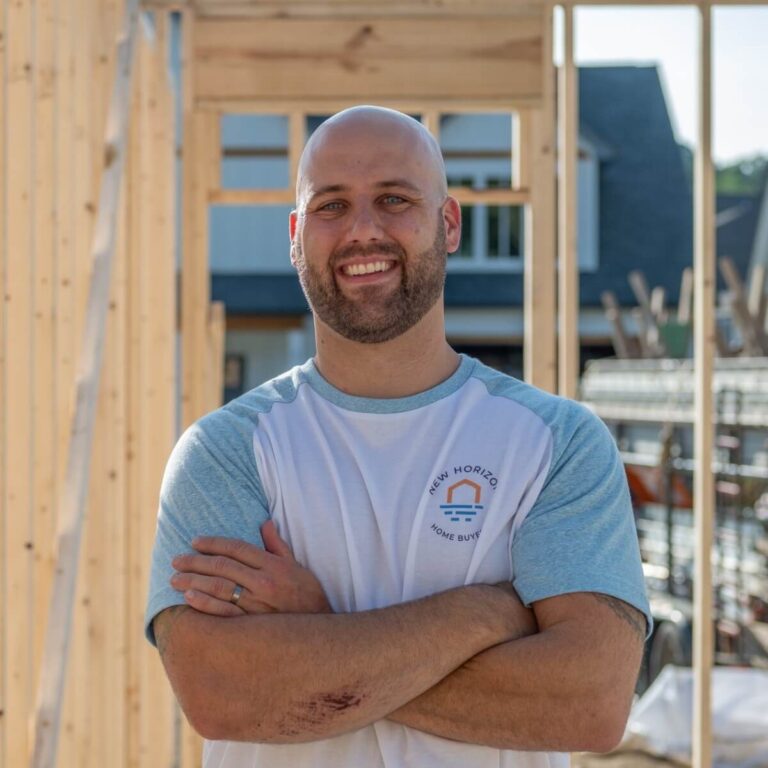Mental Wellness Strategies That Support Learning, Focus, and Emotional Resilience in Remote and Educational Settings … Featuring Rameez Usmani, Founder of Outreaching.io
In both classrooms and remote workspaces, one challenge continues to surface: how do we support mental focus, emotional balance, and meaningful learning—especially when people are under pressure to adapt quickly?
We recently connected with Rameez Usmani, founder of Outreaching.io, a fully remote digital PR agency, to discuss practical mental health strategies that support learning and emotional resilience. While his team may not operate in a traditional educational setting, the systems he’s developed for onboarding and upskilling team members offer valuable insight for educators, trainers, and learning leaders.
“Managing a remote team across time zones means mental focus, clarity, and emotional balance matter a lot,” Rameez shares. “Especially when people are learning new systems or adapting to fast-moving work.”
One of the simplest but most impactful tools they use? Short, structured breaks.
During onboarding—particularly when team members are absorbing complex topics like SEO, media outreach, or content workflows—Rameez’s team encourages five-minute breaks every 45–60 minutes. Whether that’s standing up, stepping outside, or journaling what they’ve just learned, these micro-pauses reduce mental fatigue and improve knowledge retention.
“It helps things stick better and lowers the stress that comes from information overload,” Rameez explains.
Another powerful habit they’ve introduced is the end-of-day reflection. Each new hire is encouraged to write a short summary of their day: what they learned, what they struggled with, and any questions that came up.
“It’s simple, but it helps them process the learning experience—and it gives us insight into how they’re doing mentally without needing constant check-ins.”
These approaches may sound small, but they add up to a more emotionally intelligent and sustainable learning environment. They’re also adaptable for use in classrooms, universities, and training programs—anywhere that people are learning under pressure.
As we continue to explore strategies that improve learning and mental health in educational spaces, voices like Rameez Usmani’s remind us that emotional resilience starts with structure, reflection, and support—and that sometimes, the best wellness tools are the simplest.
For more information or to connect with Rameez, reach out to ra*************@***il.com







